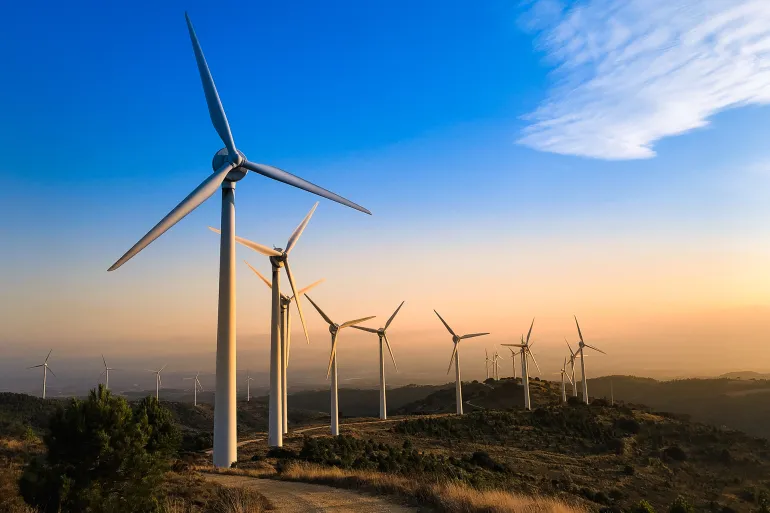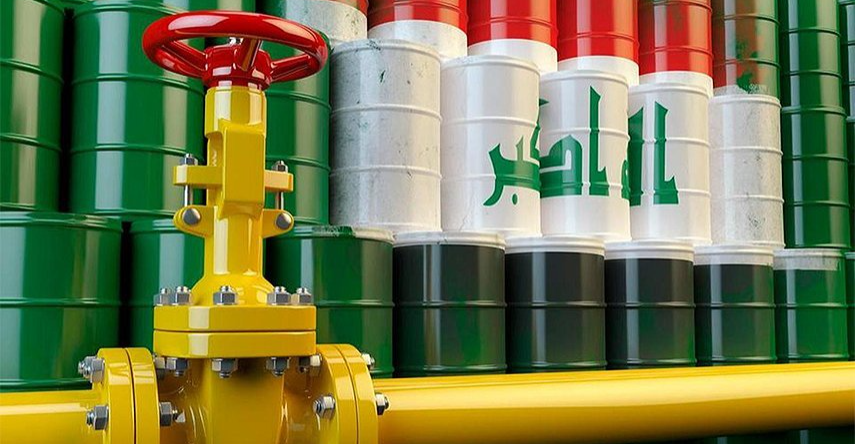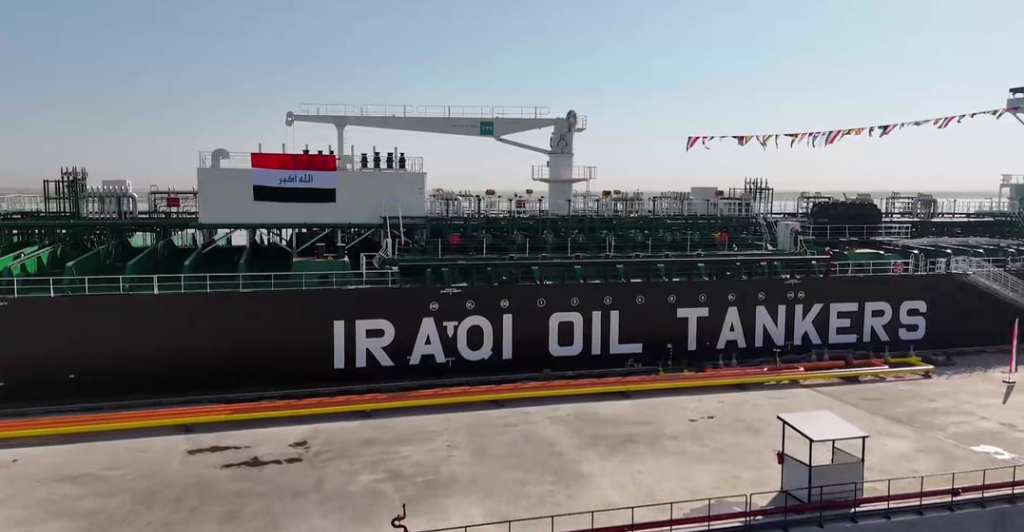Observatory says areas in Kurdistan, al-Anbar have wind potential for power generation

Shafaq News/ An environmental group on Sunday said areas in Iraq's al-Anbar and Kurdistan might have strong wind potential for electricity generation; a move that will help the country tap renewable resources and address chronic power shortages.
A report by the Green Iraq observatory said the authorities should establish wind farms at the foothills of Kurdistan's mountains and desert regions in al-Anbar and Middle Euphrates governorates.
"Exploiting these natural resources for renewable energy generation is crucial," said Ali Naji, a member of the Green Observatory, in a statement to Shafaq News Agency.
He cited Mount Azmar in al-Sulaymaniyah, Korki, and Halgurd in Erbil as promising areas in Kurdistan, along with desert regions between Najaf and Samawa, and Wasit.
"Wind speeds in these areas are well-suited for clean and cost-effective electricity production," Naji added.
Iraq is one of OPEC's largest crude oil producers, second only to Saudi Arabia, with 17% of Middle Eastern oil proven reserves and 8% of global reserves. As a major producer, Iraq’s electricity sector is almost entirely dependent on fossil fuels, which account for more than 80% of power generation. Despite its vast energy resources, the performance of the country's power sector is sub-optimal.
Although there has been significant progress in the expansion of installed power generation capacity, the additions have not matched the announced plans and the growing demand and losses. Installed power generation capacity is approximately 30 GW, while the available capacity is only 23.4 GW. The peak demand, however, is estimated to have reached 34.18 GW in summer 2022.
On average, 1 to 2 GW of power generation has been added per year, amounting to an annual growth rate of 5%; 1.4 GW was added between 2021 and 2022. A massive 13 GW was added between 2012 and 2018. But growth in power demand has outstripped the 5% annual growth in installed capacity, averaging 8% compared to a global average of 5%.







